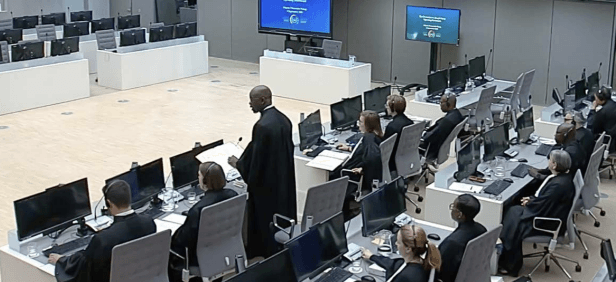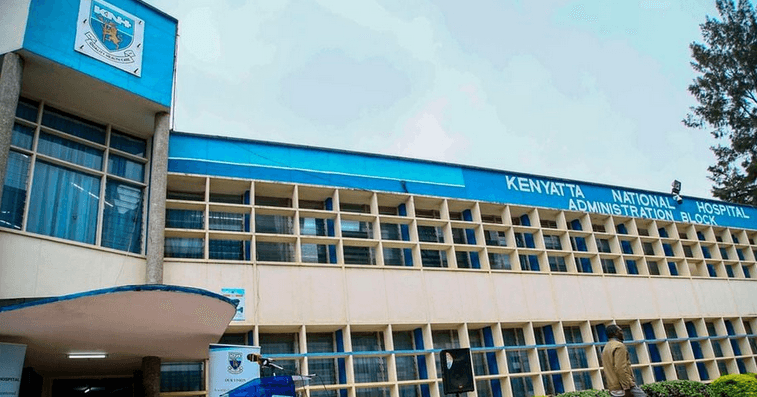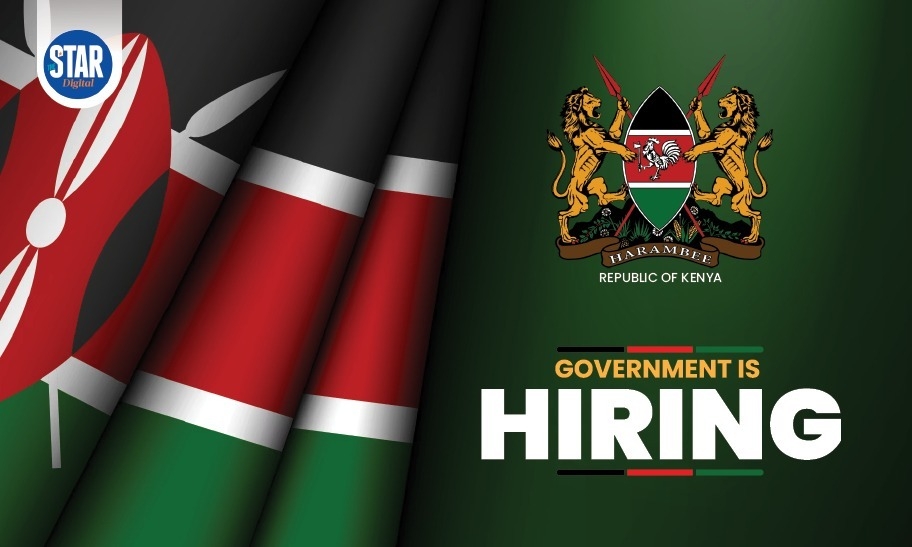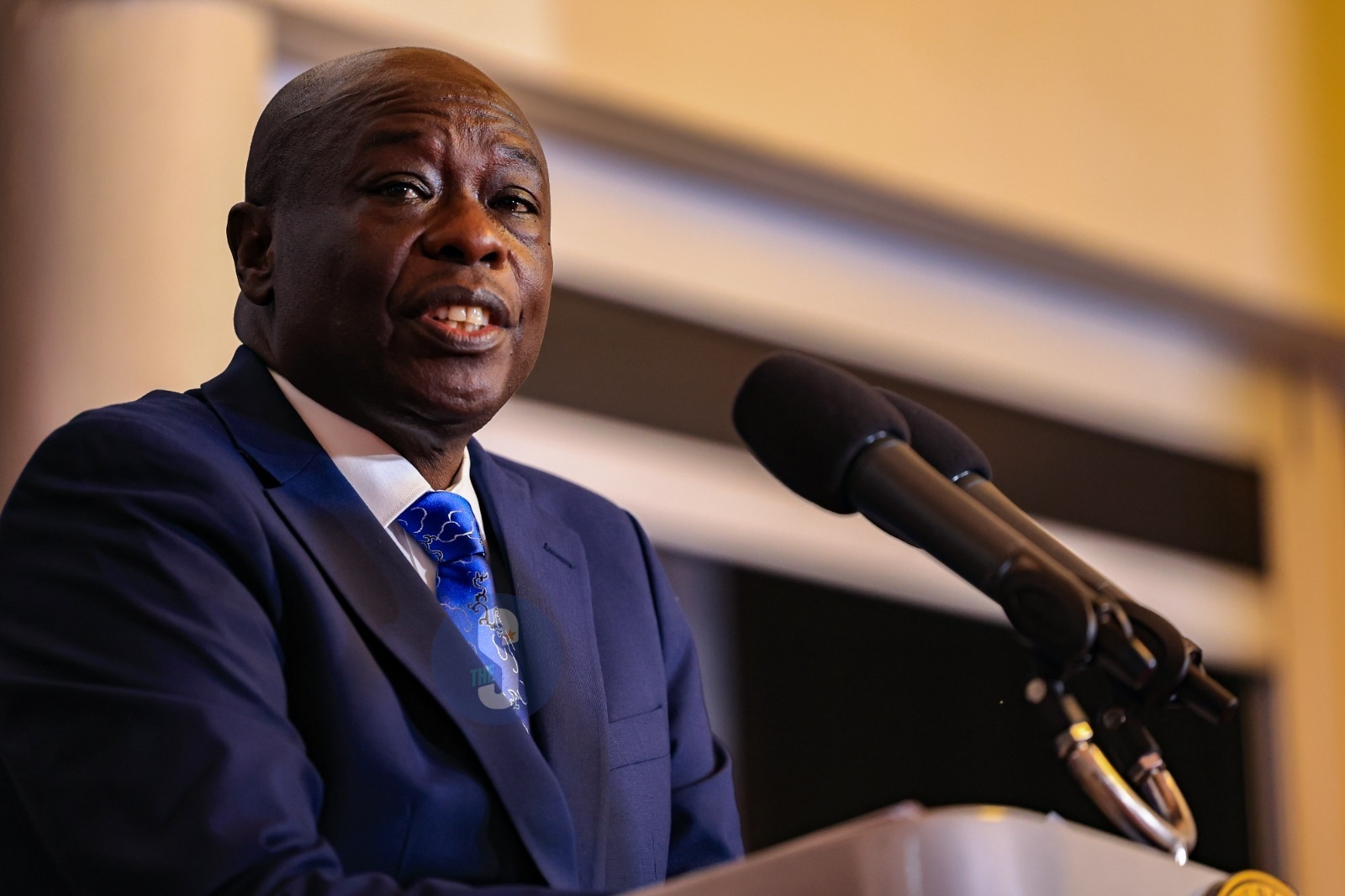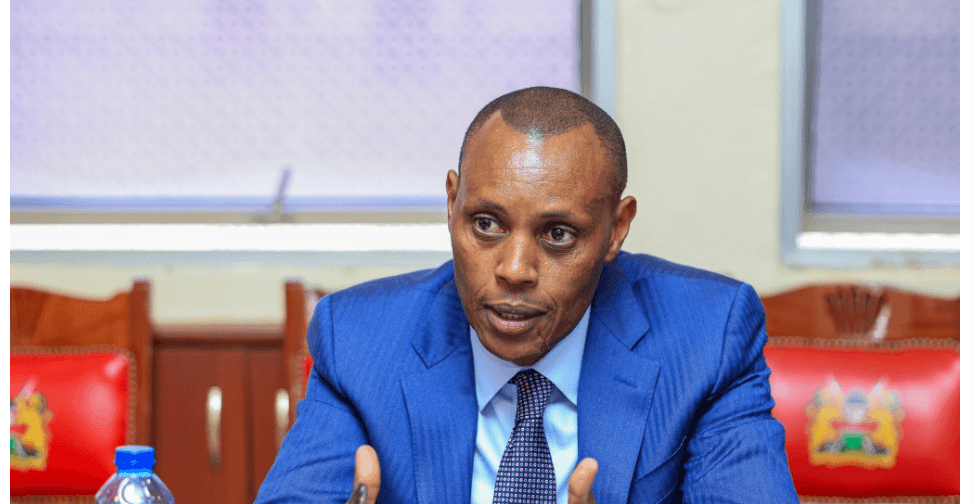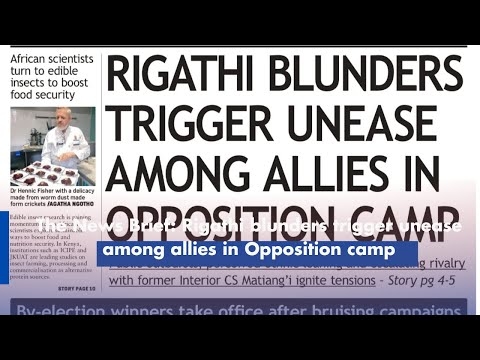Lawyer Ahmednasir Abdullahi now says that President William Ruto should not assent to the Finance Bill, 2024.
In a statement on Wednesday, Ahmednasir said the President must send it back to parliament for amendments.
He said Ruto needs to find a way to reduce government expenditure, as well as drop the 'punitive' taxation imposed by the Bill.
"The Finance Bill has left Parliament and is on the President's desk. H.E. William Ruto should not assent to the bill. He must send it back to Parliament.
"He must reduce the wasteful expenditure and cut government expenditure. He must also forgo the punitive taxes that define the bill," the lawyer said.
He noted that it is time President Ruto listens to the calls from Kenyans of all walks of life that the Bill is oppressive.
He added that backing down would not make the Head of state look weak, but a sign of good leadership.
"Lastly, the President must listen to the national consensus that the Finance Bill is oppressive and cruel to all Kenyans. President Ruto, please give a concession. It will not show weakness. It will show leadership. Listening to the will of the people is true leadership," Ahmednasir added.
His remarks come a day after Tuesday's protests were the most heated since they began, on June 18.
The protesters, mainly youths, stormed the streets to demand the rejection of the Finance Bill, 2024, in countrywide demos that also rocked President William Ruto's and Deputy President Rigathi Gachagua’s home turfs.
Gunshots, tears and running battles marked the demos even as the MPs voted to amend various clauses fronted by the National Assembly’s Finance Committee.
The MPs eventually passed the Bill.
Transport was paralysed and business premises closed hurriedly as gunshots and tear gas rent the air in major towns across the country.
Ruto’s hometown, Eldoret, in Uasin Gishu county and Gachagua’s Nyeri town in Nyeri county, witnessed massive protests for the second time in as many weeks.
The youths also staged demos in the duo’s political strongholds of Kericho, Nakuru, Narok, Turkana, Embu, Meru, Kajiado, Laikipia, Nyandarua, Kiambu and Murang’a.
The youths overpowered anti-riot police, forcefully stormed Parliament and tried to set it ablaze on a day of chaos and bloodletting as anti-tax law demos swept the country.
The surging crowd, mostly youths, surrounded Parliament from nearly all corners and brought down parliamentary gates near the Jomo Kenyatta mausoleum under heavy clouds of tear gas.
Police fired bullets, killing an unknown number of people as MPs fled the rowdy mobs.
Protesters could be seen lying on Parliament Road, some in a pool of blood, but it was unclear whether they were alive or dead.
The Star was able to count at least three bodies lying on Parliament Road.


